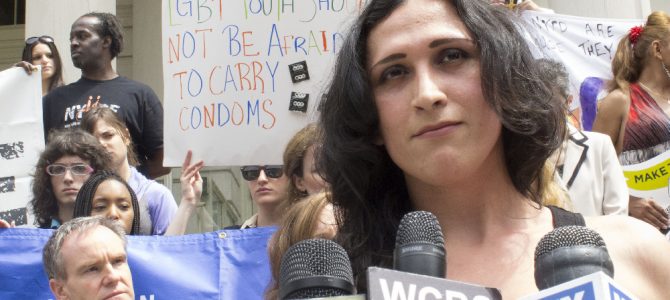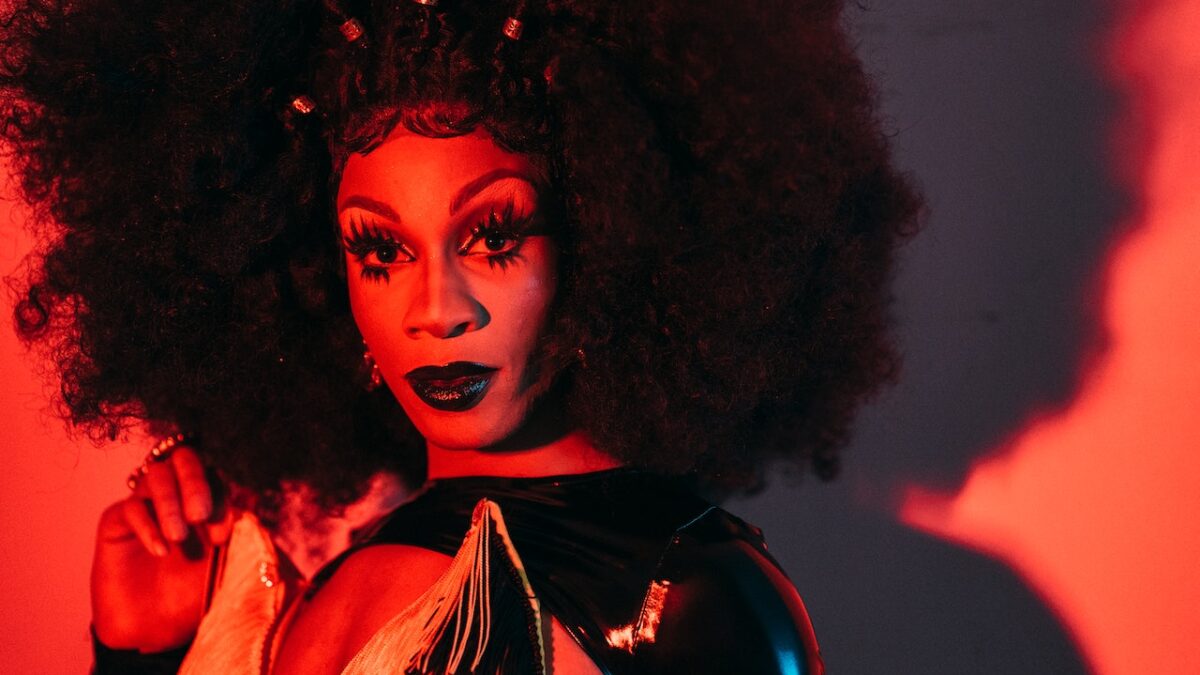
“I was scared to go alone to my ultrasound; so I took a friend. Throughout the procedure, the nurse kept referring to me as a ‘she’. Each time, my friend would correct her. After a while, the nurse seemed confused. ‘She’s having a baby,’ she insisted.” ‘No,’ my friend responded, ‘he’s having a baby.’ It was very upsetting. A week later, the nurse called and left a voicemail with the results of my exam. ‘His cervix and bloodwork look healthy,’ she said. I was so happy. The nurse had finally gotten it.”
This is one of the stories I heard at a recent conference on how to create a transgender-inclusive workplace culture. I went because I wanted to learn the perspective from transgender individuals personally. I also realized that if this is the workplace of the future, I would rather be prepared ahead of time than surprised later.
The conference was administered by a group of transgender individuals, from male-to-female, female-to-male, and even gender-to-genderless. Predictably, it wasn’t a conference for the squeamish. Throughout the day, we were regaled with stories of penis amputations, breasts being bound or removed, and even someone who removed nipples because those represent either gender.
Chromosomes Don’t Do or Mean Anything
The day began by educating us that gender binary (that is, the idea that people are born either male or female) was “societal lore,” like Santa Claus or the Boogieman. We were given a reference card to put in our wallets, detailing which questions we’re allowed to ask a transgender person and which questions were forbidden. Questions like “What pronoun do you use?” and “May I correct someone if they use the wrong pronoun?” were acceptable, while “What are you?” and “Are you a boy or a girl?” were not. We role-played these conversations, encouraged to think about “who’s inside the body.”
We went over transgender vocabulary, from terms like “gender queer” to “gender variant” to “gender non-conforming.” While I still don’t understand the difference, it was encouraging that the transgender panelists were often confused themselves in using the wrong gender term or pronoun, frequently correcting each other. After a particularly confusing mix-up, they laughed and said much of what we know about transgender could be obsolete in a few years, because transgender children describe themselves as “gender smoothies.”
I was fascinated to learn that there is a pecking order within transgender culture known as “privileged trans.” The first tier of a privileged transgender is someone wealthy enough to be able to afford the full gauntlet of surgeries to appear as a man or woman. Unprivileged transgenders must settle with cross-dressing and shaving. However, the highest level of privilege is someone who is both wealthy and already has certain physical attributes of the preferred sex, such as feminine facial features, a low voice, or broad shoulders.
The penultimate goal of transition is when a person is in “stealth,” which means one is always recognized by strangers as one’s intended gender. When you’re in stealth, you no longer have to worry about “being read,” in which a stranger tries to figure out whether you’re a boy or a girl.
They showed a video in which a construction worker ogled a transgender woman, with the transgender woman’s inner monologue being “Hey, maybe things are changing for the better.” I found it odd that something that is considered a micro-aggression in the feminist world is the zenith of compliments in the transgender world.
One speaker (pronouns ze, zirs, zirself) described the conflict inside zir between zir repugnance toward women (zir birth gender), and a disgust of being lumped into the alternative category of white male. Ze described that ze got a hysterectomy because ze “rejected the female societal obligation to repopulate the planet,” then added in the same breath, “but what’s worse than being identified as a straight, white male, right?”
We All Agree that Men Are Bad
Antipathy toward men was a common theme. We heard from a speaker who after 25 years of marriage as a man transitioned to female with the full support of his wife, to whom he remained married. For decades, he had taken the stairwell from work down to the parking lot. As a newly transgender woman, he heard a door close behind him and described feeling a woman’s fear for the first time: “I had never had to feel that fear before as a man. But now, for the first time as a woman, I felt a fear of men that all women feel.”
I learned it’s illegal in my state to refuse to use someone’s preferred pronoun. Almost every presenter had a story of a time they got a coworker, employee, or boss fired. A speaker (pronouns xe, xyr, xemself) passionately told us of a time when xe had an older coworker who referred to xem as “ma’am.” When xe repeatedly told him xe preferred to be referred to as xem, he responded that he couldn’t, because he had been brought up to be polite and use sir and ma’am.
A quick visit to the supervisor resulted in the coworker being fired. There was standing ovation in the conference hall, with one member of the audience saying how “brave” xe was to enact change. Xe publicly responded that xe “needed to go above his head to get what I needed.”
Being “outed” is a constant fear for a transgender, whether it is your voice or stubble that gives you away, or a coworker or document. One speaker pointed out that while bathrooms represent the most obvious way to be outed, using a male bathroom is also a gender-affirming cathartic act. Ultimately, transgender people want to even be in stealth to themselves, with their birth certificate as the final reminder of the gender they are born with. Currently only four states in the United States allow people to alter their birth certificates to retroactively change reality.
Even after being trained, I still have questions. If gender is not biological, then why do we think someone who claims to be trans-black is crazy? Under what moral standard do we prosecute polygamists? Why don’t we consider depression or suicide adequate lifestyle choices? Why is transgender considered a fulfilling life but those with Downs Syndrome should be aborted? Apparently, the only thing society can agree on is that nothing’s worse than being a straight, white man.









